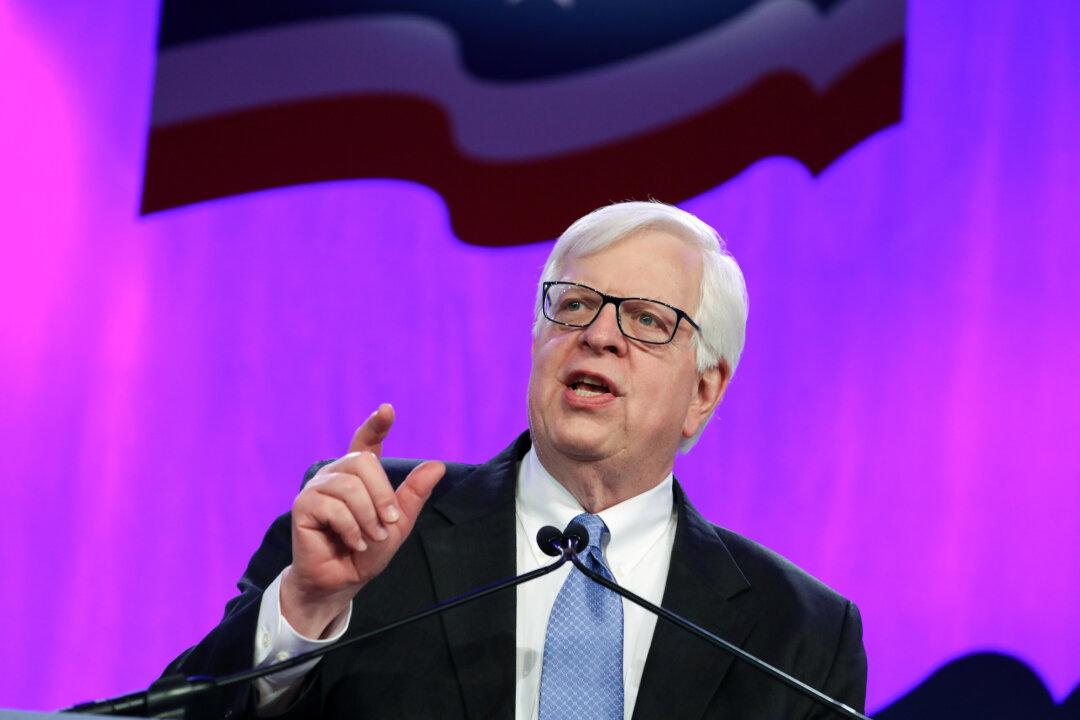“For the first time in American history, free speech is threatened. This has never happened before,” said Dennis Prager, a radio talk show host and founder of Prager University.
“It was the only thing Americans all agreed on: I may not agree with what you have to say, but I'll fight for your right to say it,” Prager said in an interview with The Epoch Times for the “American Thought Leaders” program.





